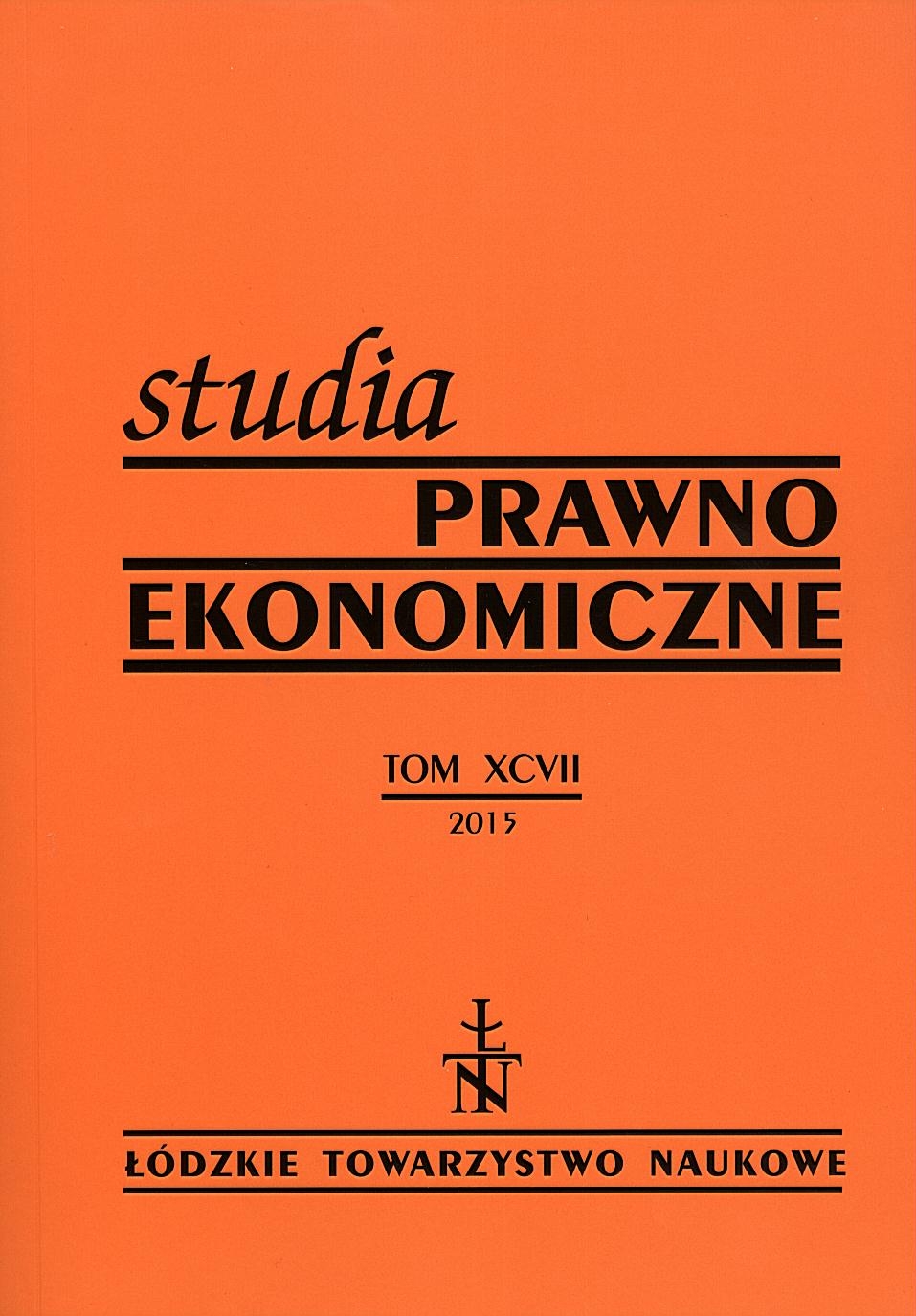Libertarianizm wobec kryminalizacji „insider tradingu”
Libertarianism’s Perspective on Penalization of “Insider Trading”
Author(s): Cezary BłaszczykSubject(s): Economy, Law, Constitution, Jurisprudence
Published by: Łódzkie Towarzystwo Naukowe
Keywords: insider trading; libertarianism; stock exchange; Austrian School of Economics
Summary/Abstract: Modern libertarianism, especially its radical branch, distinguishes itself from most of other political doctrines by its unique approach towards law and economics of insider trading. Whether based on natural rights doctrine and ethical absolutist or consequentialist (mostly utilitarian), libertarians of Austrian School of Economics descent criticize the current approach towards insider trading. It is maintained that insider trading is not unethical, it is every man’s right to dispose of his property and conclude an agreement as he pleases (M.N. Rothbard, R.W. McGee, T. Machan, R.P. Murphy), but even if it were, there is no reason for suppression of every immoral activity (W.E. Block). Insider trading might be also perceived as a “victimless crime” case. Libertarians of utilitarian orientation argue however, that insider trading is in fact beneficial both for insider and outsider. It is supposed to allow more accurate pricing of stocks and market liquidity (P.J. Engelen, L.V. Liedekerke, H.G. Manne). Thus radical libertarians argue for decriminalization of insider trading.
Journal: Studia Prawno-Ekonomiczne
- Issue Year: 2015
- Issue No: 97
- Page Range: 11-42
- Page Count: 32
- Language: Polish

